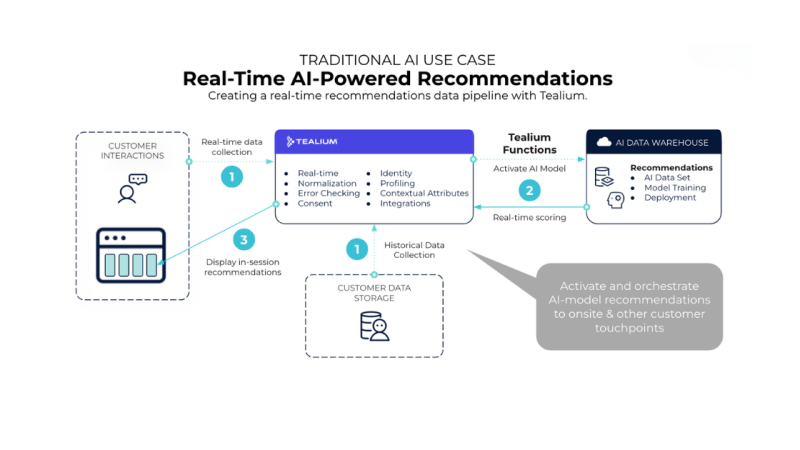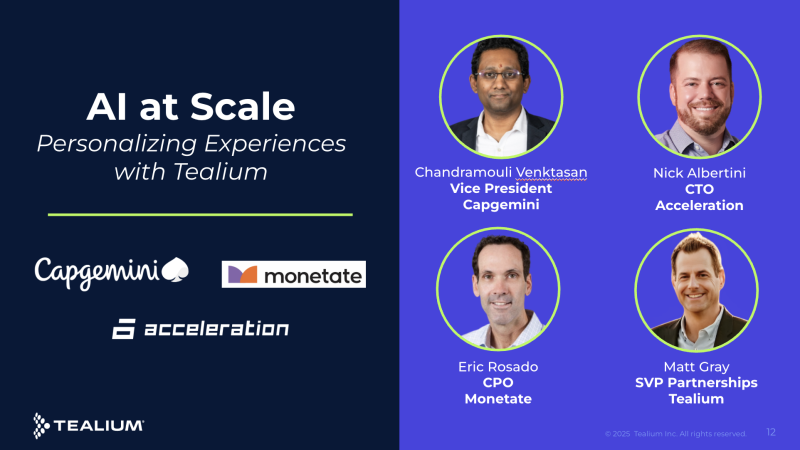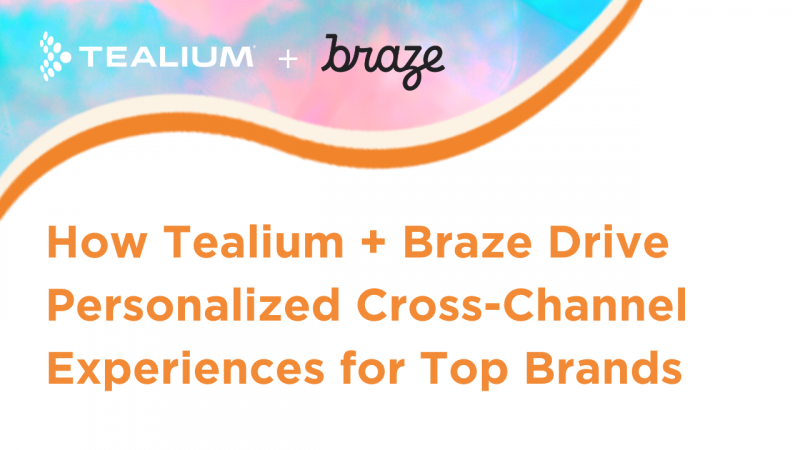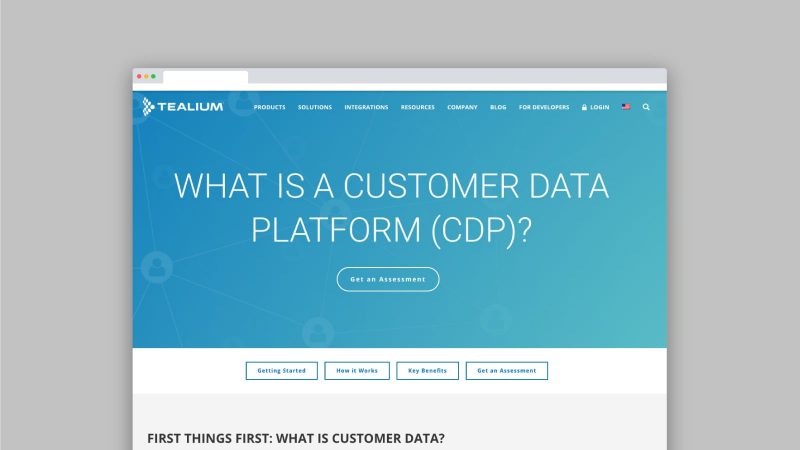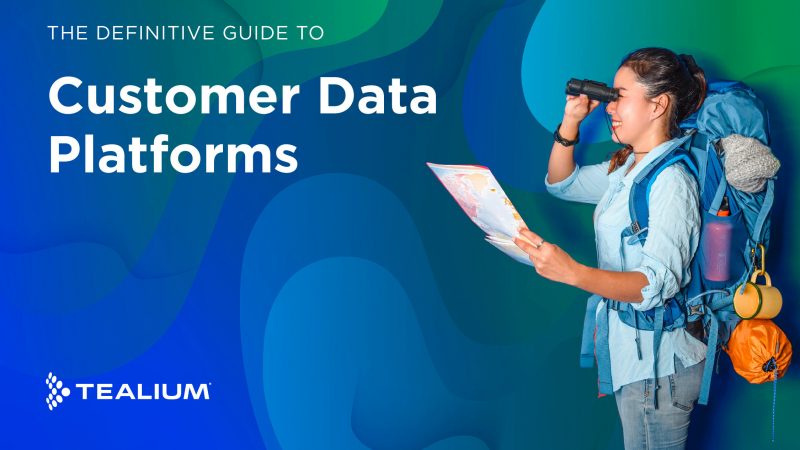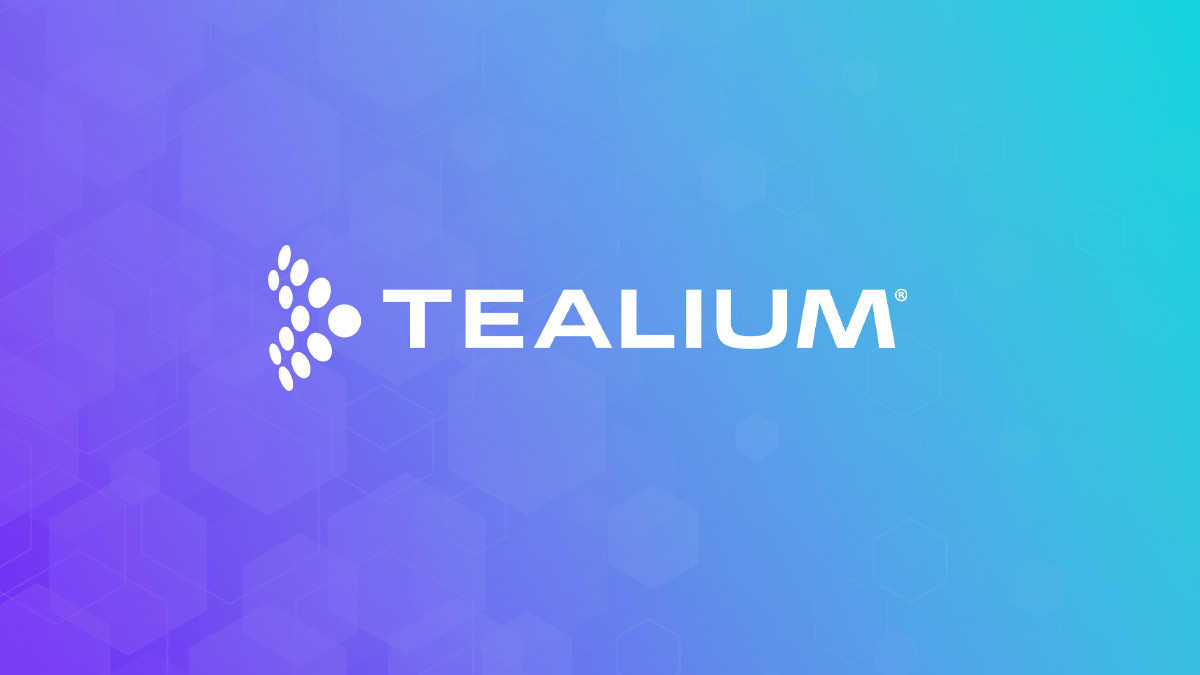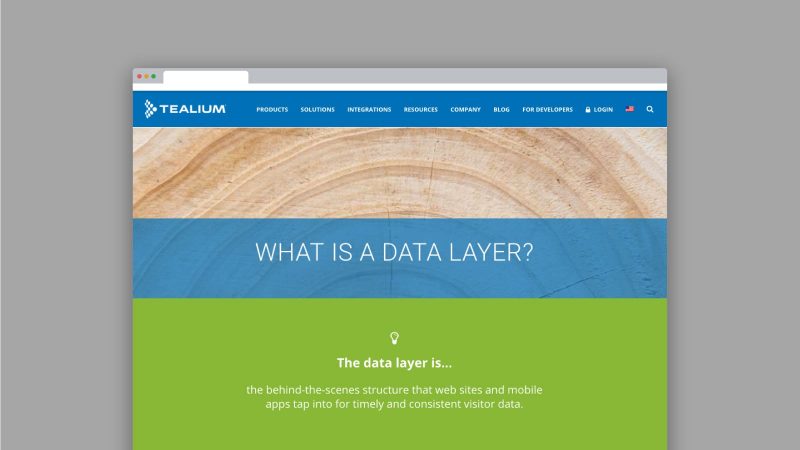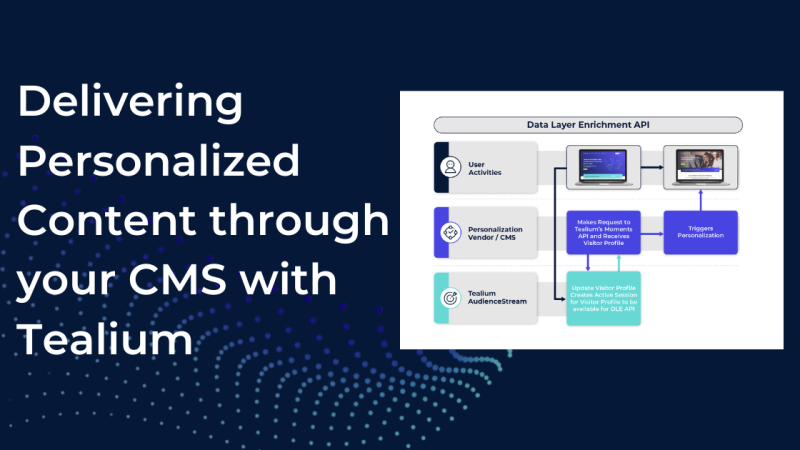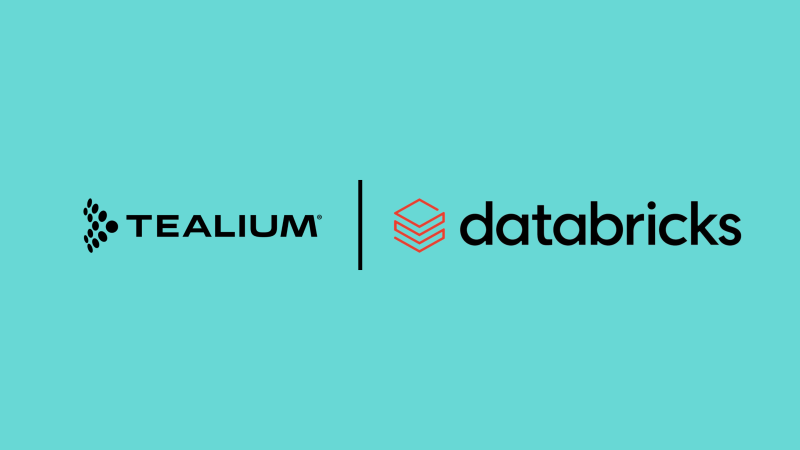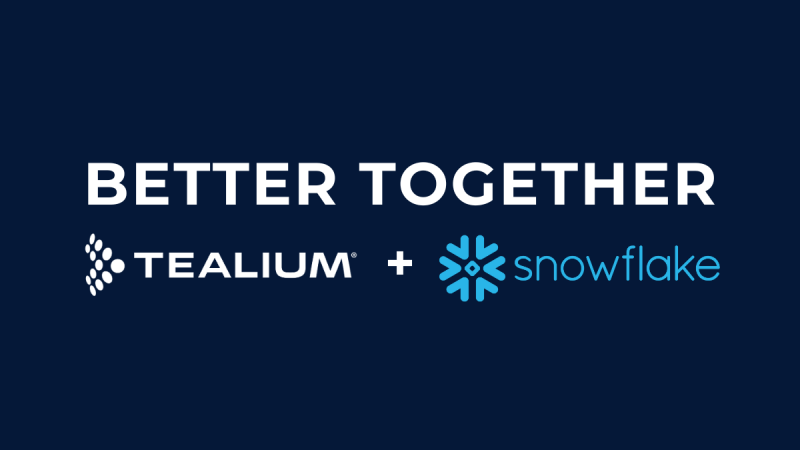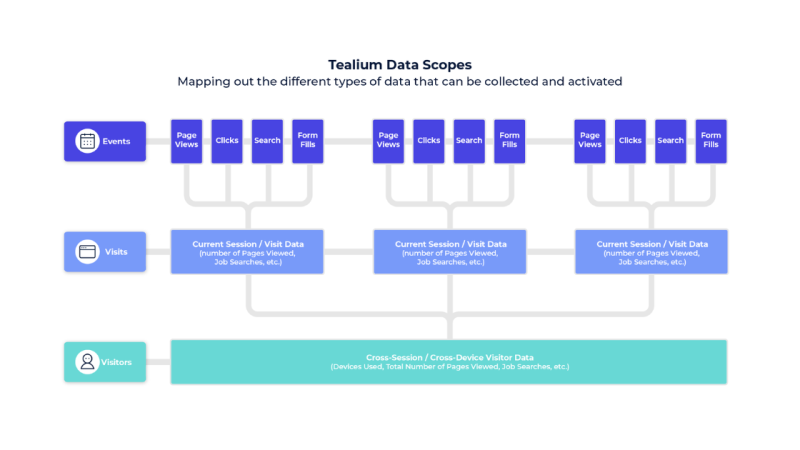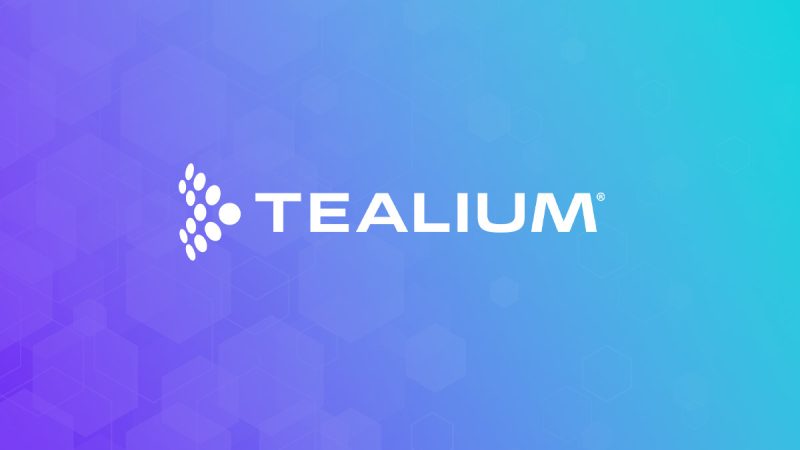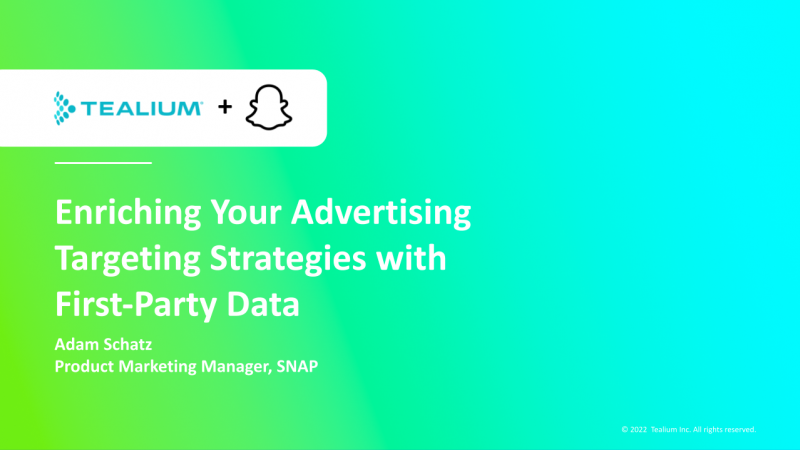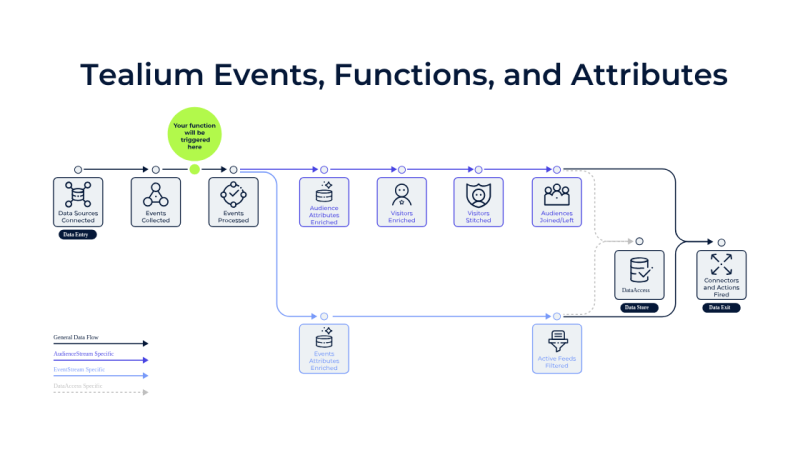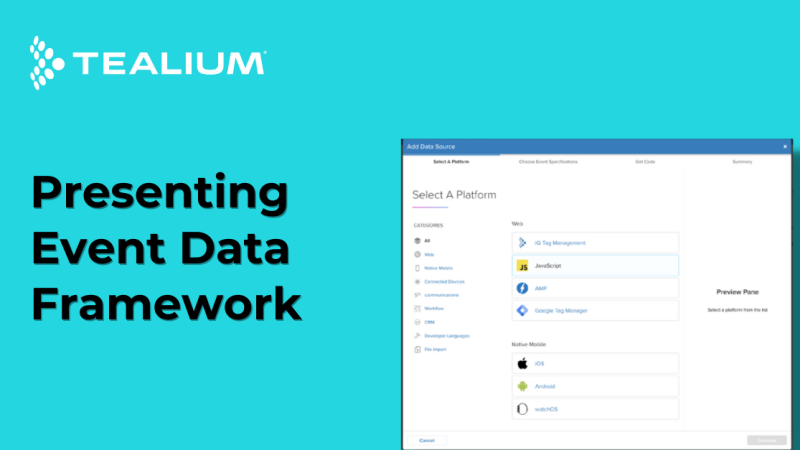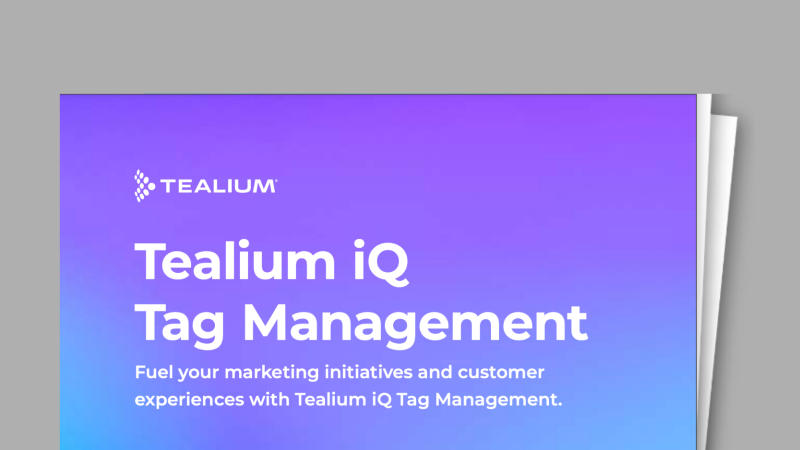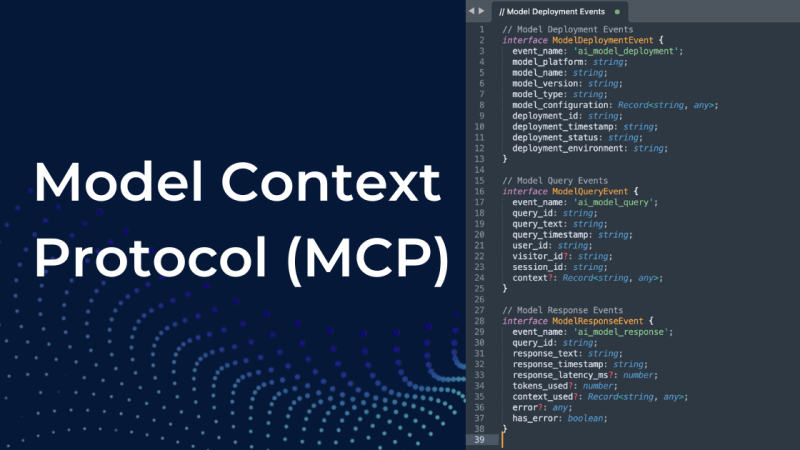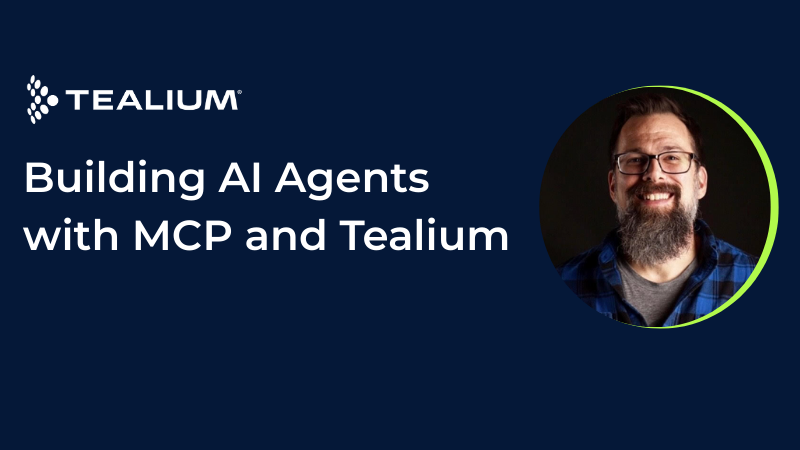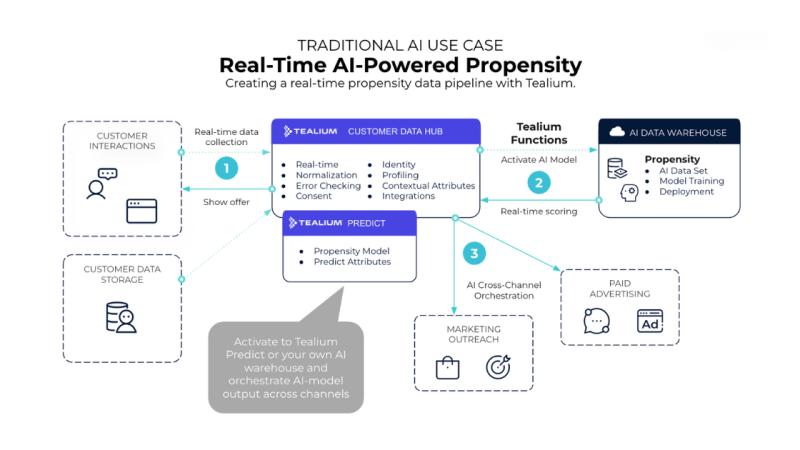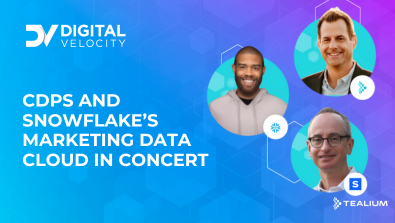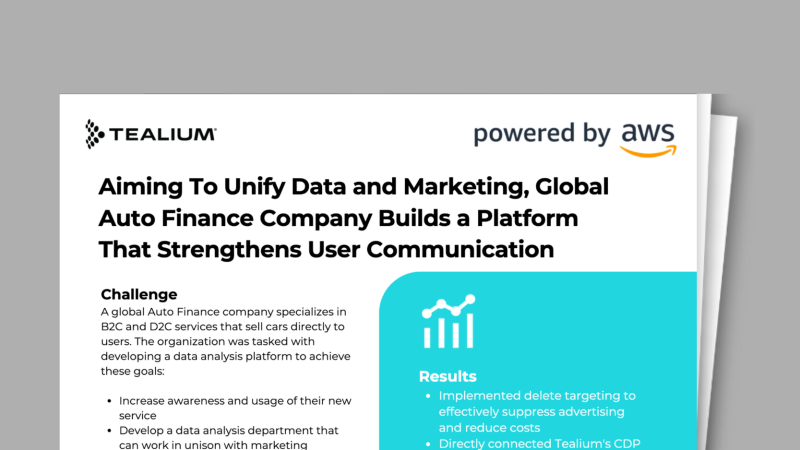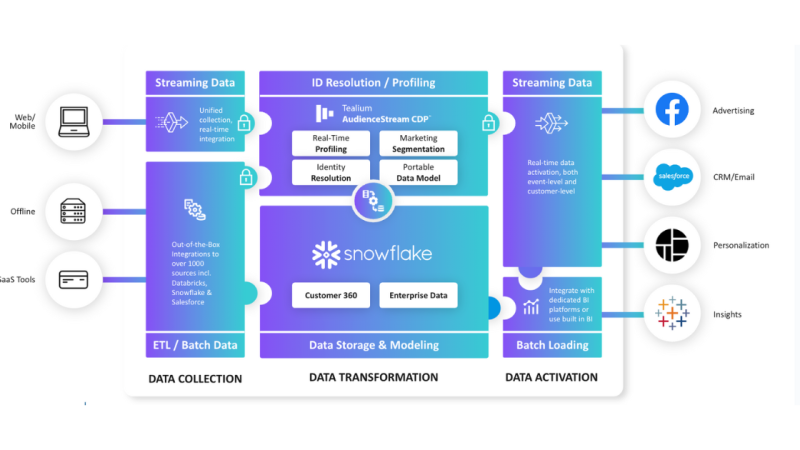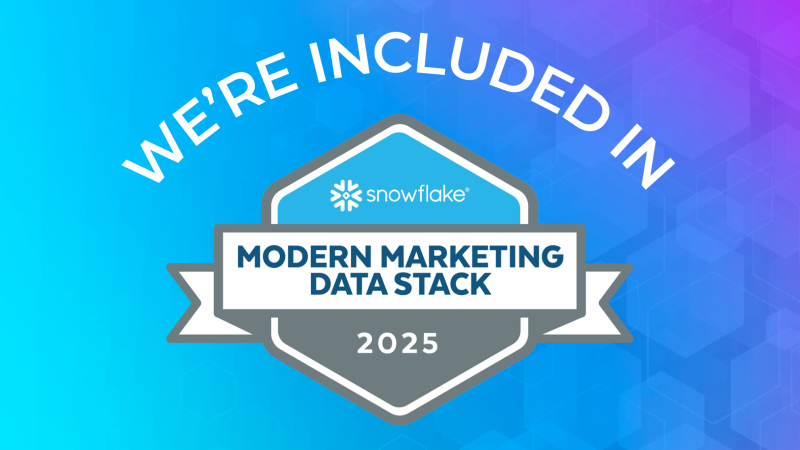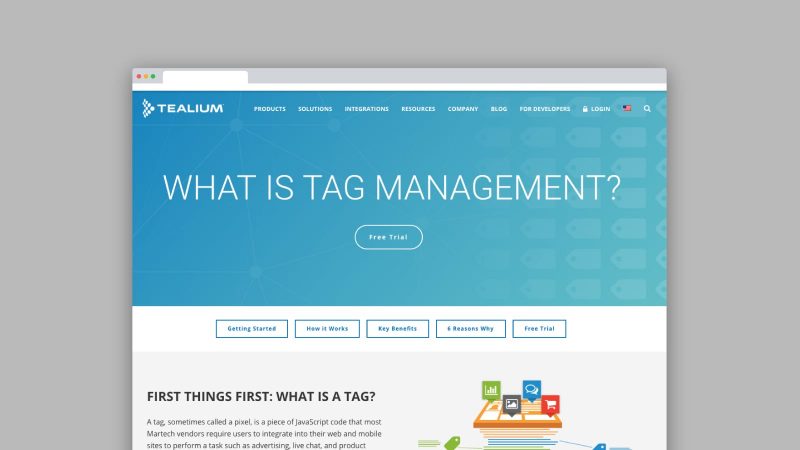Products
Integrations
Integrations Overview
Turnkey, flexible integrations across your entire marketing technology stack.
Integrations Marketplace
Explore over 1,300 available integrations.
Cloud Data Warehouse Partner Ecosystem
Drive data collection and real-time activation for Cloud Data Warehouses.
Conversion API (CAPI) Integrations
Solutions for signal loss with unique ad platform integrations.
Identity Partner Ecosystem
Integrate and activate identity solutions to create better data-driven experiences.
Products
Real-Time Data Collection & Quality
Collect customer data, ensure data quality, and send it anywhere.
Real-Time CDP & Predictive Insights
Deliver relevant and trusted experiences based on real-time customer data.
Data Management & Storage
Own and access your most important enterprise asset, your customer data.
Tealium AIStream™
The intelligent real-time customer data stream for your AI.
CloudStream™
Activate customer data directly from your data cloud with zero duplication.
Tealium for Healthcare
Power more privacy-first patient experiences with real-time data.
Tealium Moments
Own the customer experience moment with real-time intelligence and action.
Solutions
Roles
Use Cases
Growth & Acquisition
Deliver personalized, relevant experiences and optimize ad spend.
Loyalty & Retention
Understand customer behavior early to deliver proactive experiences.
Customer Experience & Personalization
Create great customer experiences with real-time, unified data.
Predictive Insights & Customer Analytics
Deliver real-time experiences across the customer journey.
Data Collection & Privacy
Place privacy and consent at the core to build trusted customer experiences.
Unified Customer Profile
Understand and delight customers by using current and complete data.
Operationalizing Mobile Data
Operationalizing your mobile data across the entire data lifecycle.
Tealium for AI
Power AI initiatives with consented, filtered, and enriched data in real-time.
Resources
 Read the Report
Read the Report
Customer Success
Just Released! The Rise of the Customer Data Strategist
Bridge the gap between data and business, unlock real ROI from your CDP and AI investments, and turn customer data into measurable growth.
 Read the Report
Read the Report
Developer
 Visit Marketplace
Visit Marketplace
Power your AI workflows
The new Snowflake connector is live on the Marketplace
Stream real-time, consented data directly into your Snowflake tables in <10s to fuel your AI and analytics.
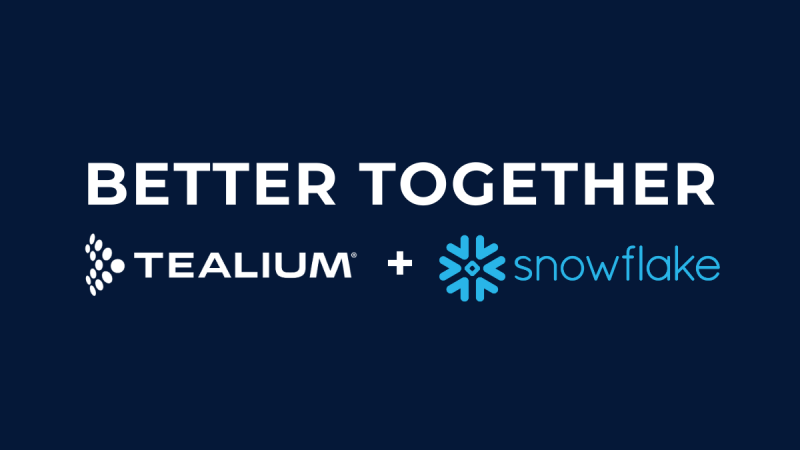 Visit Marketplace
Visit Marketplace
Company
 Learn more
Learn more
Tealium Signs Strategic Collaboration Agreement with AWS to Accelerate AI-Driven Growth for Customers
Press Release
 Learn more
Learn more

